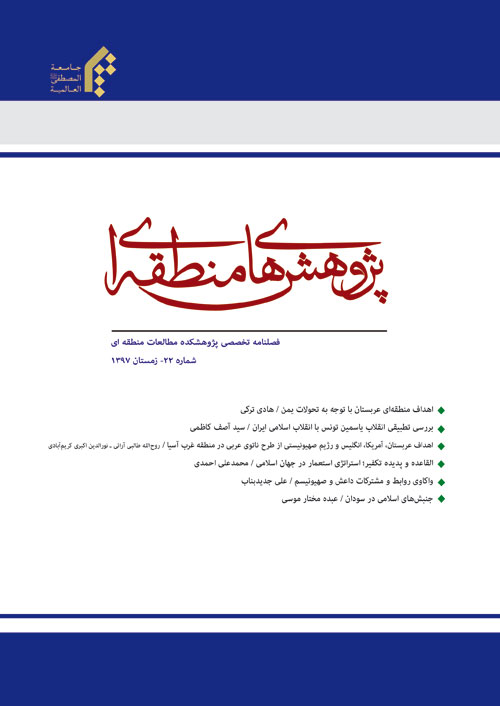Modernity and the shaping of Scriptualism: Rethinking the grounds of Akhbārīsm
Author(s):
Abstract:
Akhbārīsm was a conservative thought in Shīi jurisprudence (fīqh) from the 17th century to the 19th century in Iran, Iraq and India. There are mainly two explanations for the shaping of this movement: (1) Akhbārī attitudes transfer and affect through transferring ideas and thoughts based on the assumption of some fixed principles and criteria and explicit abstract frameworks for Akhbārīsm. (2) The authority of conservative (Sunnī) rulers was the most important factor for the extension of this thought. In this article the two approaches and shortcomings of each will be considered in the works of orientalists Joun Cole and Robert Gleave. Then, emphasizing on Scriptualism as common character of Akhbārīsm and neo-Akhbārīsm, identity as a concepts in social psychology will be used to introduce a third view on shaping and extension of Scriptualism. In this new approach, modern thought will introduce as totally other for religious ideas and the idea of distinction is used for highlighting the identity. This approach will argue to be the best explanation in formation and expansion of Scriptualism.
Keywords:
Akhbārīsm , neo , Akhbārīsm , Scriptualism , identity , otherness , social psychology
Language:
Persian
Published:
فصلنامه پژوهش های منطقه ای, Volume:2 Issue: 5, 2015
Page:
147
https://magiran.com/p1374207


